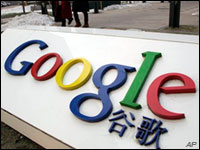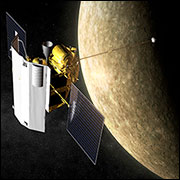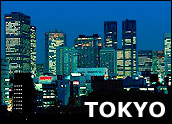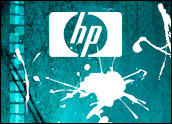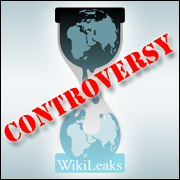
Rampant speculation about which major financial institution Wikileaks founder Julian Assange means to target with a document dump in 2011 has at least one U.S. bank — Bank of America — playing aggressive defense.
BofA executives are reportedly scouring documents for potentially damaging information, and trying to determine if any computer hard drives are missing. In 2009, Assange told Computer World Wikileaks was “sitting on 5 GB from Bank of America, one of the executive’s hard drives,” with enough material he later told The Times of London “to make the bosses of a major bank resign.”
More recently, Assange has been flexing some newly developed Machiavellian muscles, telling The Times he “didn’t want the bank to suffer unless it’s called for” and making similar noises about potential high-level resignations sure to follow.
At no point has Assange confirmed which bank he’s targeting, but BofA officials aren’t taking any chances. They stopped processing Wikileaks donations; reportedly hired corporate consultant Booz Allen Hamilton; and have registered Internet domains that take the name of BofA chief executive Brian Moynihan in vain, such as Brianmoynihansucks.com and Brianmoynihanblows.com.
Different Sort of PR Hit?
From financial bailouts to the U.S. mortgage meltdown, big banks have rapidly replaced used car dealers as the businesses everyone loves to hate. The news from Wikileaks couldn’t have come at a worse time, ringing in the new year with what Assange has promised is evidence of flagrant ethical violations with possible legal repercussions.
Bank of America’s high-profile defense, with nary a document yet dumped, might seem an early admission of guilt — and a big PR no-no. But that appearance is deceiving, according to Elizabeth Lampert, founder and president of Elizabeth Lampert PR.
Simply waiting for Assange to attack “would make this more of a scandal,” she said.
“From a public relations perspective, BofA has already taken hits in other matters last year, so they can’t appear to be weak going forward — or unethical,” Lampert told TechNewsWorld. “This proactive approach is responsible, and it shows they are not going to be caught unaware and that they are in control, not in panic mode.”
In control, at least in these early steps.
“It’s too early to tell if Bank of America is doing the right thing from a public relations perspective,” said Bill Roth, executive vice president of marketing for LogLogic. “Putting a team together to assess risk is a good first step. The real test comes when the Wikileaks material [is published].”
When that leak occurs — if it occurs — Bank of America’s executives “will have done the right thing if they step up and own the consequences,” Roth told TechNewsWorld. “If they are defensive, they have lost the game.”
Angels of Transparency
From the Internet backwater of a nondescript IP address — 213.251.145.96, at least for today — Wikileaks proclaims a “keep governments open” mantra through the publication of anonymously leaked “ethically, politically, or historically significant” materials. It is, the page claims, “a universal way for the revealing of suppressed and censored injustices.”
Whether governments — or now, private businesses — will take the hint and become more transparent in the face of such a universal threat is debatable.
“Wikileaks is going to make corporations have to be much more transparent, which scares the bejesus out of corporate bigwigs,” media culture and public relations consultant Richard Laermer told TechNewsWorld.
Then again, maybe not. “If Wikileaks has as much damaging material as they have said, it will actually drive the opposite of transparency,” explained LogLogic’s Roth. “It will drive increased security and secrecy at large corporations. Expect the stocks of computer security companies and encrypted hard drive manufacturers to go through the roof from the new business.”
Noting that Bank of America must not have used hard drive encryption on the executive’s computer Assange claims to have obtained, Roth concludes that a new reality is facing corporate America in this high-tech age.
“Ben Franklin said, ‘never argue with a man who buys ink by the barrel,'” Roth noted. “The modern equivalent should be something like: Never argue with someone who can spam many reporters with the contents of your hard drive.”



